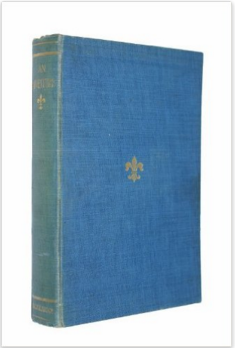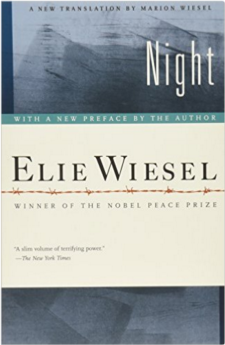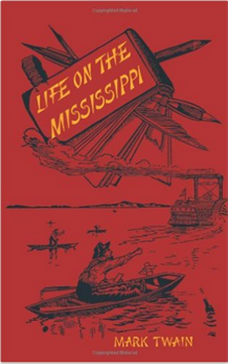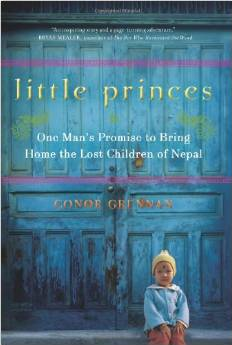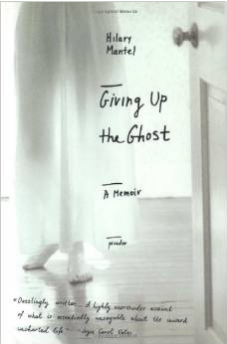 Best Book of the Week!
Best Book of the Week!
In this gripping memoir, ghosts haunt author Hilary Mantel—the spectres of her past, her stepfather’s shade stumbling around the upper reaches of her holiday cottage, the spirit of her unborn daughter, the wisps of her yet unwritten books, and most confoundingly, the black smudge of an apparition that invaded her body when she was seven. Mantel’s is a memoir of wit, anger, and poetic truth.
It also meanders. It begins with the sale of Owl Cottage—where Hilary senses the ghost of her stepfather even though he never lived there—but then returns to the earliest memories of her childhood.
Of Irish Catholic parents, she grew up in the grim north England town of Hadfield, near Manchester. Although her family was poor, her earliest memories are the rich ones of her grandparents and aunts, who lived all along the lane, indulging the imagination of a child who was a knight of the round table, a red Indian, a priest, and was due to turn into a boy when she was four. To me, this last detail is one of the most charming. I can see this little girl.
Then a serious illness struck, changing her from a sturdy tough child with long black hair to a wispy, frail blonde girl, no longer due to change to a boy. From then on it seemed she was robbed of her true self.
The memoir details her rigid Catholic school education, where she developed an intolerance for ridiculous questions, from those asked by her teachers. It also tells of the more profound loss of her childhood, when her mother moved the family out of that lane of relatives so that she could take up life with her lover, Jack. Hilary’s father Henry was relegated to the status of a lodger and then left behind when Hilary won a place at a better school, never to be seen again.
The most debilitating events of her life began when she was a young married woman studying law. The extreme pains in her legs were diagnosed by patronizing and sexist doctors as mental rather than physical problems, caused by the stress of her studies on her feeble female brain, and she was treated first with Valium and later with anti-psychotics. What she actually had was endometriosis, which she finally diagnosed herself. It was left untreated so long that she ended up having a hysterectomy at age 29. She had put off having a child, and it was too late. The effects on her health continue to this day.
Mantel’s memoir is vividly and beautifully written. She strips herself bare, and it is unforgettable.
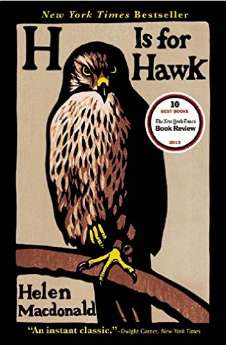 Best Book of the Week!
Best Book of the Week!
